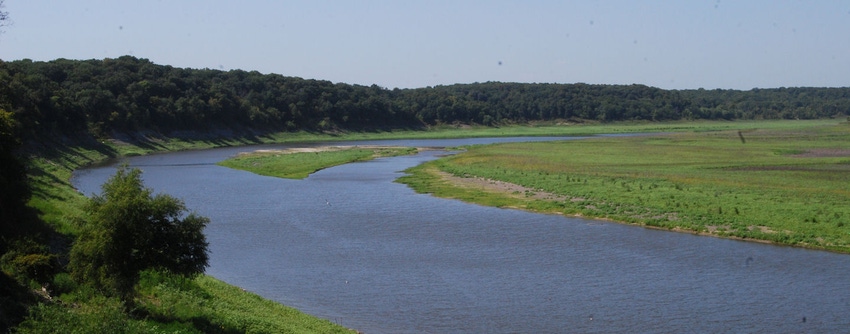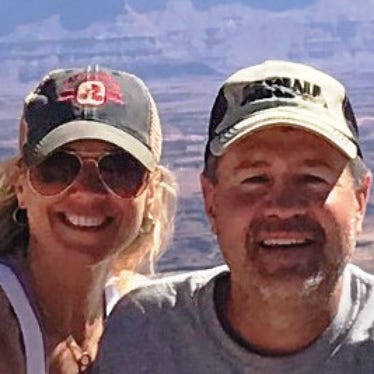
This winter there seemed to be lots of talk in the news about drinking water.Common themes were drought in California, lead problems in Flint, Michigan, and aging water-supply infrastructure all over the U.S.
As a Source Water Technician for Missouri Rural Water Association, I work with communities big and small all over the state of Missouri, assisting to protect their source water. Each state has a Rural Water Association along with a Source Water Technician.
I also run a livestock operation in S.E. Missouri where I contract-graze cattle and own sheep. We have practiced some form of managed grazing for many years and are now going down the road of soil health pioneered by the likes of Gabe Brown and Dave Brandt. I have seen firsthand how agriculture affects water quality on a small and large scale across the landscape. Small things we do on our own land can have huge impacts when everyone else is doing them on a large scale.
As I travel the state of Missouri, I’m constantly reminded how big an impact all facets of agriculture have on our water resources. We are able to draw upon more technology then ever in the ag sector, but there are still major challenges in protecting our resources such as soil and water. We have a responsibility to protect these resources for future generations.
My goal in writing the next few months is to bridge the gap between drinking water quality and agriculture.
We constantly hear about water quality but how about “drinking water quality?” Drinking water quality is immensely affected by the ag sector and actions, both good and bad, and it can affect others completely disconnected from us. What happens in a corn field in Iowa can affect another’s drinking water in Louisiana and beyond.
We are in some of the most exciting yet trying times in agriculture. Change is definitely on the horizon and there are many unknowns in regards to politics, regulation, prices and the aging population of producers. Yet we have more knowledge about regenerating our resources while making a profit than ever before.
About the Author(s)
You May Also Like






